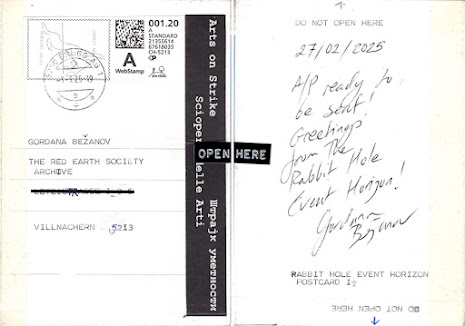19.03.2020
deer/dah
anima/l
wild foraged and fired clay, pine branch
19.03.2020
deer (n.)
Old English deor "wild animal, beast, any wild quadruped," in early Middle English also used of ants and fish, from Proto-Germanic *deuzam, the general Germanic word for "animal" (as opposed to man), but often restricted to "wild animal" (source also of Old Frisian diar, Dutch dier, Old Norse dyr, Old High German tior, German Tier "animal," Gothic dius "wild animal," also see reindeer).
This is perhaps from PIE *dheusom "creature that breathes," from root *dheu- (1) "cloud, breath" (source also of Lithuanian dusti "gasp," dvėsti "gasp, perish;" Old Church Slavonic dychati "breathe"). For possible prehistoric sense development, compare Latin animal from anima "breath").
Source: https://www.etymonline.com/word/deer
Translation of "dah" (Croatian/Serbian): breath; wind



Comments